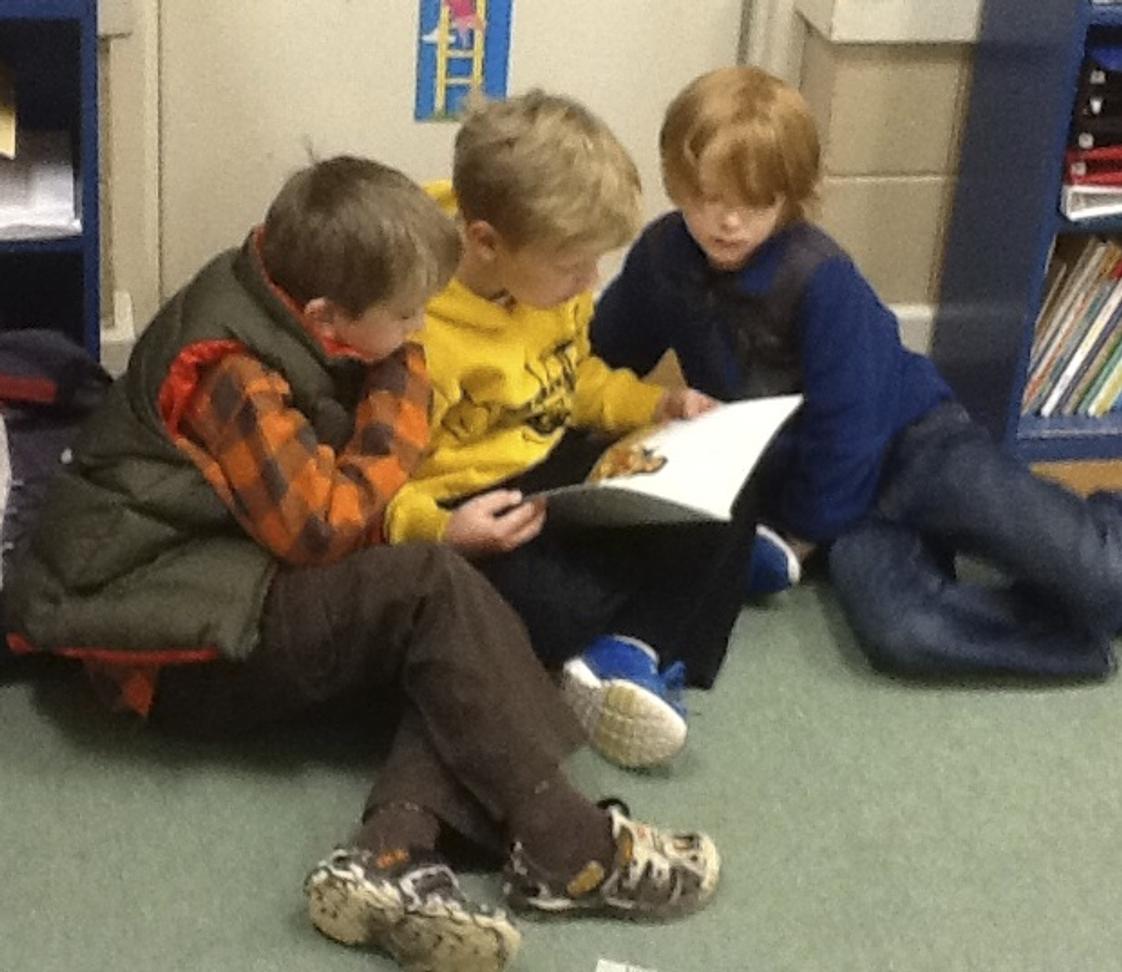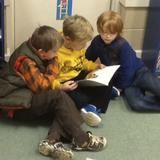For the 2026 school year, there are 3 private preschools serving 503 students in Burke County, NC.
The average acceptance rate is 98%, which is higher than the North Carolina private preschool average acceptance rate of 80%.
33% of private preschools in Burke County, NC are religiously affiliated (most commonly Christian).
Private Preschools in Burke County (2026)
School
Location
Quick Facts
Christ Classical Academy
(Christian)
170 Honeycutt Dr.
Connelly Springs, NC 28612
(828) 719-4463
Connelly Springs, NC 28612
(828) 719-4463
Gr: PK-12 | 257 students Avg. class size: 15 students Sports: 6 | Extracurrculars: 5 Tuition listed
First Baptist Preschool And Af
Daycare / Preschool
502 West Union Street
Morganton, NC 28680
(828) 433-1018
Morganton, NC 28680
(828) 433-1018
Gr: PK-K | 116 students
305 W Concord St
Morganton, NC 28655
(828) 437-6782
Morganton, NC 28655
(828) 437-6782
Gr: PK-8 | 130 students Avg. class size: 10 students Sports: 8 | Extracurrculars: 9 Tuition & acceptance rate listed
Overview
This County (Burke County)
This State (NC)
# Schools
3 Schools
Student Body:
# Students
503 Students
97,052 Students
% Average Students of Color
21%
23%
Academics and Faculty:
# Teachers
39 Teachers
9,105 Teachers
Average Student-Teacher Ratio
13:1
11:1
% Average Faculty w/Advanced Degree
23%
45%
Average Class Size
13 students
16 students
Average Number of AP Courses
15 courses
11 courses
Tuition and Acceptance Rate:
Average Yearly Tuition Cost
$8,205
$11,925
Average % on Financial Aid
27%
28%
Average Acceptance Rate
98%
80%
Students by Ethnicity:
Diversity Score
0.61
0.59
# American Indian Students
n/a
412 Students
% American Indian Students
n/a
n/a
# Asian Students
3 Students
2,681 Students
% Asian Students
2%
3%
# Hispanic Students
6 Students
3,227 Students
% Hispanic Students
5%
3%
# Black Students
9 Students
5,754 Students
% Black Students
7%
6%
# White Students
69 Students
53,176 Students
% White Students
53%
56%
# Hawaiian Students
n/a
421 Students
% Hawaiian Students
n/a
1%
# Two or more races Students
n/a
n/a
% of Two or more races Students
n/a
n/a
# Others Students
43 Students
29,899 Students
% of Others Students
33%
31%
All Ethnic Groups
Extracurriculars and Sports:
Average Number of Extracurriculars
7 extracurriculars
9 extracurriculars
Average Number of Sports
7 sports
7 sports
Frequently Asked Questions
How many private preschools are located in Burke County, NC?
3 private preschools are located in Burke County, NC.
What percentage of private preschools are religiously affiliated in Burke County?
33% of private preschools in Burke County are religiously affiliated (most commonly Christian).
Which private preschools in Burke County are often viewed compared to one another?
Popular comparisons of private preschools in Burke County include: First Baptist Preschool And Af vs. Morganton Day School, Christ Classical Academy vs. Morganton Day School, Morganton Day School vs. Christ Classical Academy
Recent Articles

How Global Economic Trends Shape Private School Affordability
Explore how global economic trends influence private school affordability and enrollment in 2026, with insights for families and educators.

Parent Engagement in Private Schools in 2026
Explore how parent engagement in private schools builds strong communities, support networks, and student success in 2026.

So Many Choices: Navigating Private School Selection in 2026
A 2026 parent guide to choosing the right private school, with updated admissions timelines, tuition trends, affordability strategies, and expert insights.




